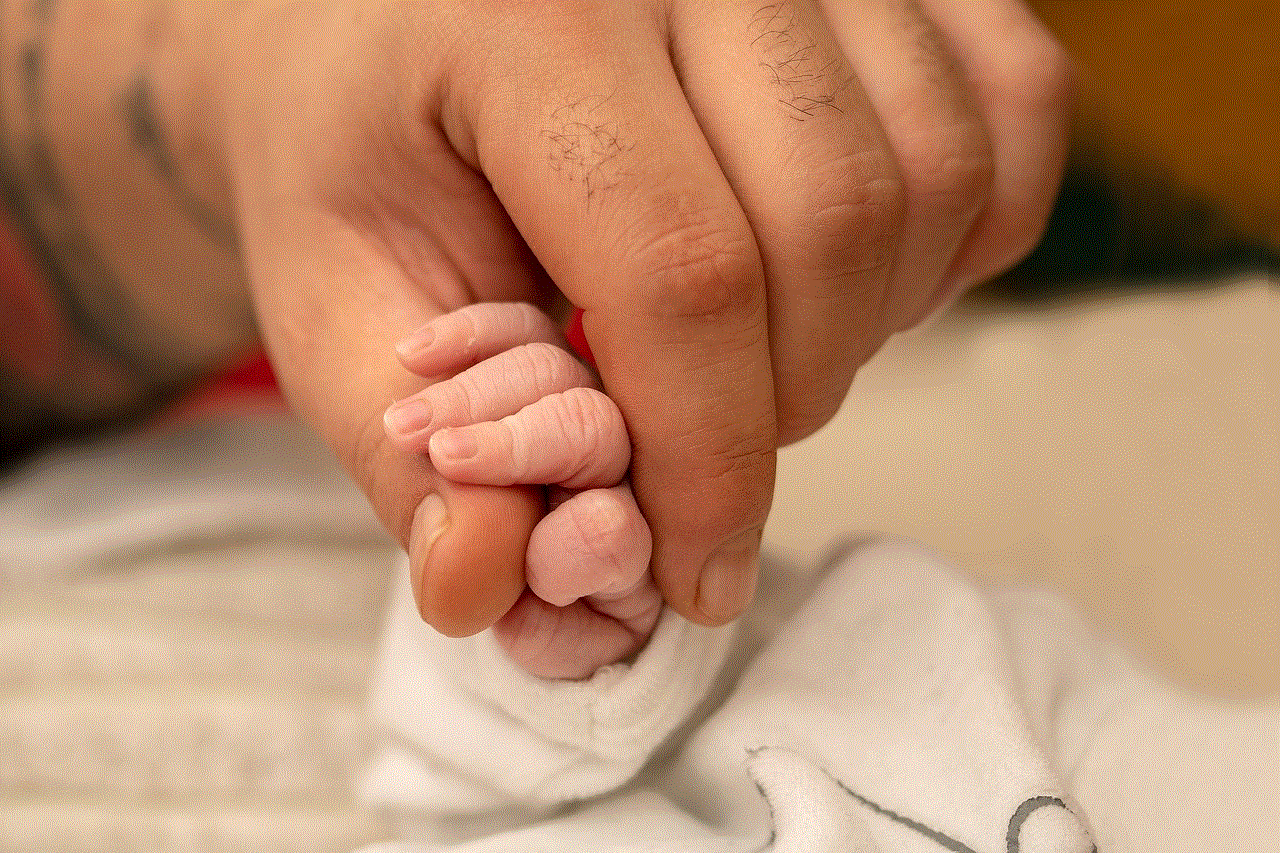autism therapy at home
Autism is a complex neurological disorder that affects individuals in a variety of ways. It is characterized by difficulties in social interaction, communication, and repetitive behaviors. While there is no known cure for autism, early intervention and therapy can greatly improve the lives of those with the condition. However, due to various factors such as limited access to therapy centers and financial constraints, many families are now turning to autism therapy at home as a way to provide their loved ones with the necessary support and guidance.
Home-based therapy has become increasingly popular in recent years, and for good reason. It offers a more comfortable and familiar environment for individuals with autism, making the therapy process less overwhelming. Additionally, it allows parents and caregivers to actively participate in the treatment process, which can have a significant impact on the success of the therapy. In this article, we will explore the various types of autism therapy that can be implemented at home, as well as the benefits and challenges of this approach.
Types of Autism Therapy at Home
Applied Behavior Analysis (ABA) is one of the most commonly used therapies for individuals with autism. It focuses on teaching specific skills and behaviors by breaking them down into smaller, achievable tasks. ABA therapy at home is typically conducted by a trained therapist who works with the child in their home environment. This type of therapy can involve a wide range of activities, such as play therapy, social skills training, and structured learning tasks. ABA therapy has been shown to be highly effective in improving communication, social skills, and daily living skills in individuals with autism.
Another type of therapy that can be implemented at home is Speech and Language Therapy. This type of therapy focuses on improving communication skills, including speech, language, and nonverbal communication. A speech therapist will work with the individual on a variety of techniques to help them improve their ability to express themselves and understand others. This can include using visual aids, sign language, and other tools to facilitate communication.
Occupational Therapy is also commonly used for individuals with autism. This type of therapy focuses on developing skills that are necessary for daily living and functioning, such as self-care, fine motor skills, and sensory integration. Occupational therapists will work with the individual to develop strategies to help them manage sensory issues and improve their ability to perform daily tasks. This therapy can also involve adapting the individual’s environment to better suit their needs.
Benefits of Home-Based Autism Therapy
One of the main benefits of home-based autism therapy is the comfort and familiarity it provides for individuals with autism. Many individuals with autism struggle with changes in routine and new environments, making therapy sessions in a clinical setting challenging for them. By conducting therapy at home, the individual is in a safe and comfortable environment that they are already familiar with, which can help them feel more at ease and open to learning.
Another significant benefit of home-based therapy is the involvement of parents and caregivers. As mentioned earlier, parents and caregivers play a crucial role in the success of therapy for individuals with autism. By participating in therapy sessions, they gain a better understanding of their loved one’s needs and how to support them in their daily lives. This allows for a more collaborative approach to therapy, which can have a positive impact on the overall progress of the individual.
Additionally, home-based therapy can be more flexible and tailored to the individual’s specific needs. In a clinical setting, therapy sessions are typically structured and follow a set curriculum. However, at home, therapists have the freedom to adapt the therapy to the individual’s interests and preferences. This can make therapy more engaging and enjoyable for the individual, leading to better outcomes.
Challenges of Home-Based Autism Therapy
While there are many benefits to home-based autism therapy, there are also some challenges that need to be considered. One of the main challenges is the lack of access to trained therapists. ABA therapy, for example, requires a trained therapist who can implement the techniques and strategies effectively. However, there is a shortage of ABA therapists in many areas, making it difficult for families to access this type of therapy at home.
Another challenge is the cost of home-based therapy. While it may seem like a more cost-effective option compared to therapy at a clinical setting, it can still be a significant financial burden for many families. In addition to the cost of a therapist, there may be additional expenses such as specialized equipment and materials needed for therapy sessions. This can make it challenging for families with limited financial resources to pursue home-based therapy for their loved ones with autism.
Lastly, conducting therapy at home can be time-consuming for parents and caregivers. It requires a significant commitment to attend therapy sessions regularly and participate in activities with the individual. This can be particularly challenging for parents who also have other responsibilities such as work and caring for other family members. It is essential for families to consider their own well-being and seek support when needed to prevent caregiver burnout.
In conclusion, home-based therapy can be a beneficial option for individuals with autism. It provides a comfortable and familiar environment, allows for more involvement from parents and caregivers, and can be tailored to the individual’s specific needs. However, it is essential to consider the challenges that come with this approach and seek support when needed. With the right resources and support, home-based autism therapy can be a valuable tool in helping individuals with autism reach their full potential.
stuff for 11 year olds girl
Being an 11 year old girl can be an exciting and challenging time. You are no longer a child but not quite a teenager, and your interests and preferences are constantly changing. From fashion to friendships, there are so many things to explore and discover at this age. If you’re an 11 year old girl looking for some inspiration, look no further! In this article, we will discuss some of the best things for 11 year old girls to enjoy, from activities to hobbies to tips for navigating this transitional age.
Activities for 11 Year Old Girls:
1. Art and Crafts: At this age, girls are often very creative and love expressing themselves through art and crafts. Whether it’s painting, drawing, or making DIY projects, there are endless possibilities when it comes to art. You can try your hand at different mediums like watercolors, acrylics, or even digital art. You can also explore different techniques like collage, printmaking, or pottery. Art is a great way to relax and let your imagination run wild.



2. Sports: Physical activity is crucial for growing girls, and sports are a great way to get exercise while having fun. At 11 years old, you can try out different sports like soccer, basketball, tennis, or swimming. If you’re not into traditional sports, you can also try out activities like dance, gymnastics, or martial arts. Not only will you stay active and healthy, but you’ll also learn important skills like teamwork and discipline.
3. Baking and Cooking: Many girls at this age love spending time in the kitchen, and it’s a great way to bond with friends or family. You can try out simple recipes like cookies or cupcakes and gradually move on to more complex dishes. Baking and cooking are not only fun but also teach you important life skills that will come in handy as you grow older.
4. Music: Whether it’s singing, playing an instrument, or dancing, music is a great way to express yourself and let your emotions out. You can join a choir, take singing or dance lessons, or even learn to play an instrument. Music is a universal language, and it can bring people together regardless of their age or background.
5. Outdoor Activities: Spending time outdoors is essential for physical and mental well-being. At 11 years old, you can try out different outdoor activities like hiking, camping, or biking. You can also explore nature by birdwatching, gardening, or simply going for a walk in the park. Outdoor activities are not only fun but also teach you about the environment and how to take care of it.
6. Reading and Writing: Reading is a great way to expand your vocabulary and improve your writing skills. At 11 years old, you can explore different genres and find books that interest you. You can also start writing your own stories, poems, or journal entries. Writing is a great way to express yourself and can be a therapeutic activity during this transitional age.
7. Pet Care: If you have a pet or are thinking of getting one, taking care of them can be a fun and rewarding experience. You can learn about different animals and their needs, and take responsibility for feeding, grooming, and playing with your pet. Having a pet also teaches important values like compassion, patience, and empathy.
8. Volunteering: At 11 years old, you can start giving back to your community by volunteering. You can help out at a local charity, participate in beach cleanups, or organize a fundraiser for a cause you are passionate about. Not only will you make a positive impact on others, but you’ll also learn important values like selflessness and kindness.
9. Science Experiments: Science is all around us, and conducting experiments is a great way to learn about the world. You can try out simple experiments at home using everyday items, or join a science club at school. You can also visit science museums or attend science fairs to explore different areas of science and potentially find a new passion.
10. Video Games: While it’s important to have a balance between screen time and other activities, video games can be a fun and engaging way to spend your free time. From puzzle games to adventure games to sports games, there are plenty of options for 11 year old girls to enjoy. You can also play video games with friends and family, which can be a great bonding activity.
Hobbies for 11 Year Old Girls:
1. Photography: If you have an eye for capturing beautiful moments, photography can be a great hobby for you. You can start with a simple phone camera or invest in a beginner’s DSLR camera. You can also explore different types of photography like landscape, portrait, or macro photography. Photography is not only a fun hobby, but it also helps you see the world in a different way.



2. Fashion and Beauty: Many 11 year old girls start to develop an interest in fashion and beauty. You can experiment with different styles, create your own outfits, or learn makeup techniques. You can also learn about fashion history and different cultures’ fashion traditions. Just remember to always be true to yourself and not let societal standards dictate your choices.
3. Writing: As mentioned earlier, writing is a great way to express yourself. You can explore different genres like fiction, non-fiction, or poetry. You can also start a blog to share your thoughts and experiences with others. Writing can also be a therapeutic activity and help you cope with the challenges of growing up.
4. Learning a New Language: At 11 years old, your brain is still developing, making it the perfect time to learn a new language. You can take classes or use online resources to learn a language that interests you. Learning a new language not only expands your communication skills but also exposes you to different cultures and perspectives.
5. Collecting: Many girls at this age enjoy collecting items like stamps, coins, or figurines. You can collect items from your travels or start a collection of your favorite things. Collecting can be a fun and educational hobby, and you can also connect with other collectors who share your interests.
Tips for 11 Year Old Girls:
1. Embrace Your Interests: As an 11 year old girl, you might feel pressure to conform to certain interests or hobbies that society deems appropriate for your age. However, it’s essential to remember that everyone is unique, and you should embrace your interests, no matter how different they may be.
2. Don’t Be Afraid to Try New Things: This is the perfect age to explore and discover new things. Don’t be afraid to step out of your comfort zone and try new activities or hobbies. You never know, you might find a new passion that you never knew existed.
3. Be Mindful of Your Screen Time: With the rise of technology, it’s easy to get lost in our screens. While it’s okay to enjoy your favorite TV shows or play video games, it’s important to have a balance and not let it consume all your time. Make sure to take breaks and engage in other activities to maintain a healthy lifestyle.
4. Surround Yourself with Positive Influences: As you navigate through this transitional age, it’s essential to surround yourself with people who uplift and support you. Whether it’s your family, friends, or mentors, choose to spend time with people who encourage you to be your best self.
5. Be Kind to Yourself: Growing up can be challenging, and it’s normal to make mistakes. It’s crucial to be kind to yourself and not be too hard on yourself. Remember that you are still learning and growing, and it’s okay to make mistakes as long as you learn from them.



In conclusion, being an 11 year old girl is an exciting time filled with endless possibilities. From trying out new activities to exploring different hobbies, there are so many things for you to enjoy and learn from. Remember to be true to yourself, be open to new experiences, and surround yourself with positive influences. Most importantly, have fun and make the most out of this transitional age.